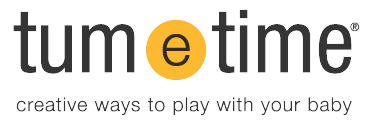Sometimes its a nice to take a bath or a walk as a retreat from our busy lives, but how often do we celebrate ourselves for the job we do being a Mom?
Take time this Mothers Day to congratulate yourself in a small or big way.
Gina Hassan is offering a mini-retreat you might want to consider.
Mindful Mothers’ (Day) Retreat
Saturday May 11th 10:00-1:30
A gift to give yourself or a loved one for the day before mothers’ day
Come honor your motherhood with this half-day mini-retreat led by Gina Hassan Ph.D., mother, psychologist, and mindful parenting coach. We will practice mindfulness with guided meditation and other practices, including a yoga practice with Jessica Premsangha Prakasha, strengthen our intention and focus and explore the path of mindful mothering. Give this gift of care to yourself or a mother you know. We will cultivate spaciousness and connect with the powerful wisdom we can offer our children and families by taking the time to open our hearts to the present moment.
This half-day retreat will be led by Gina Hassan, Ph.D., director of Mindful Beginnings, which offers Mindfulness-Based New Mothers’ Groups, 2nd-Time Moms’ Groups, Mindful Mothering Groups, and individual and couples therapy. Gina has a daily meditation practice and strives to incorporate mindfulness into her own parenting as well as the lives of the mothers and couples she works with.
To register please call 510.644.1097 or send an email to
ghassanphd@aol.com
The cost for this half-day retreat is $70.00. If you sign up with a friend there is a $5.00 discount. Size is limited and it is necessary to pre-register. No prior experience is required. This retreat is appropriate for pregnant women and mothers of all ages.The retreat will be held in South Berkeley, location details will be provided upon registration.
Gina Hassan, Ph.D.
510.644.1097
www.ginahassan.com
